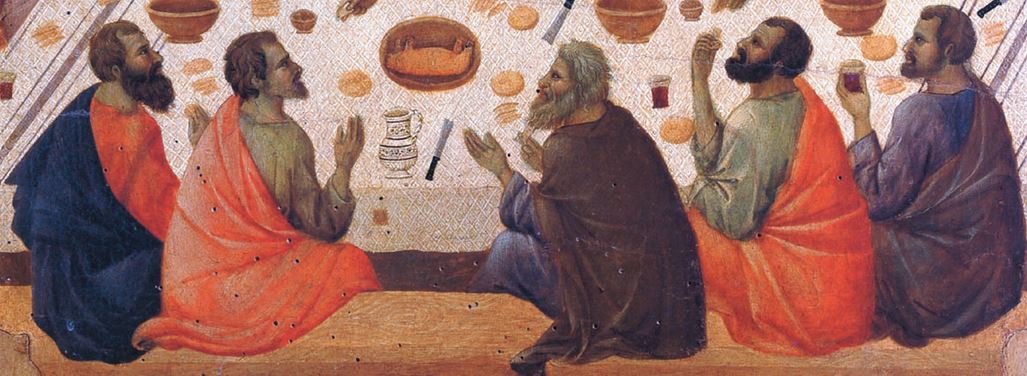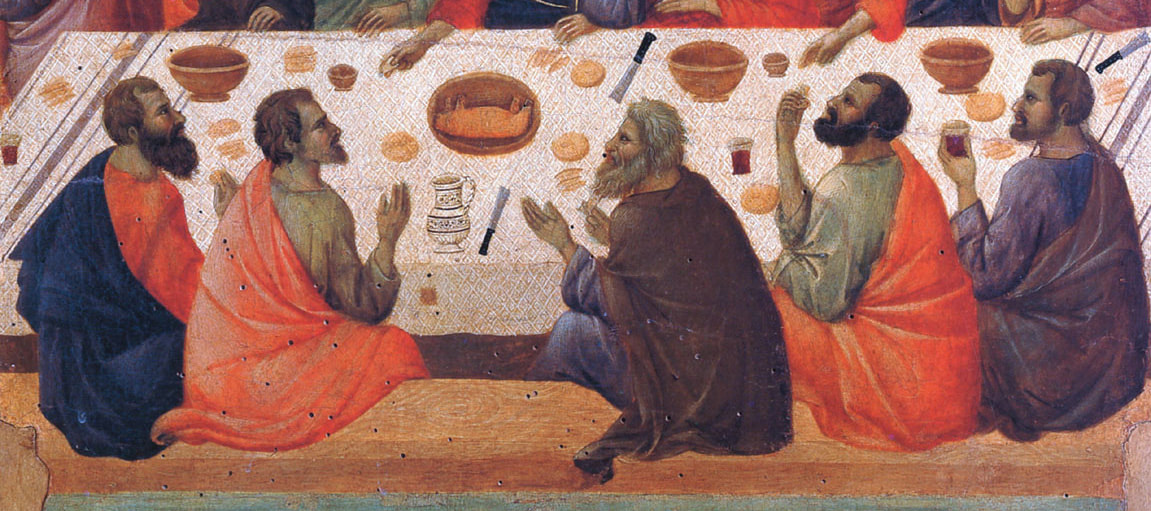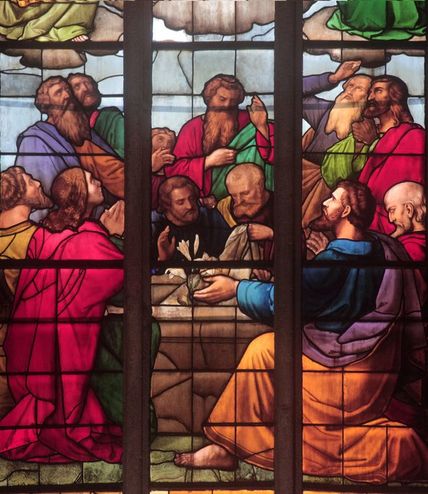We are not told the identities of any of the seventy disciples, though it is possible that they were part of the 120 gathered in the upper room when the Holy Spirit was first poured out (Acts 1:15) and it is likely that Joseph Barsabbas and Matthias, who were selected by the apostles as possible replacements for Judas (Acts 1:23), may well have been two of them. But while the New Testament does not give us the names of these individuals, Luke’s Gospel does carefully record ten specific commands they were given by Jesus as he sent them out to evangelize:
1) Pray. Jesus’ first command was “The harvest is plentiful, but the workers are few. Ask the Lord of the harvest, therefore, to send out workers into his harvest field” (Luke 10:2). Prayer must be the foundation of all evangelistic work – and should include prayer for more workers, not just the success of those already in the field.
2) Go! Jesus’ second command shows that we are not only to pray for the spread of the gospel, but that we also participate in the work as actively as we can (Luke 10:3). The combination of both our action and God’s help is what enables the gospel to be preached and accepted.
3) Be cautious. Although not worded as a direct command, Jesus warned the seventy: “I am sending you out like lambs among wolves” (Luke 10:3). This was clearly a warning the disciples were supposed to heed just as much as the other commands. It reminds us that being a witness to the gospel is not without challenges and dangers and that all who do it should be circumspect.
4) Walk by faith. Despite the uncertainties Jesus predicted, he commanded them “Do not take a purse or bag or sandals” (Luke 10:4) – meaning extra beyond what they had on their persons. Although this specific prohibition was later lifted as the disciples went further afield (Luke 22:35-37), the principle Jesus was showing of trusting God completely to supply the needs of evangelism still holds true.
5) Don’t be distracted. Jesus’ next command “do not greet anyone on the road” (Luke 10:4) did not mean the disciples should not speak to others (“greet” means to start a conversation), but that they must not allow themselves to be distracted or sidetracked from the mission they had been given.
6) Carry a blessing. The next command Jesus gave was “When you enter a house, first say, ‘Peace to this house’” (Luke 10:5–6). Wherever they went, the seventy were to go as those who brought peace and a blessing – not words of judgment and contention. The Greek word “peace” doubtless reflects the underlying Hebrew shalom or Aramaic shaloma Jesus spoke – meaning both peace and positive blessings.
7) Be content and flexible. Wherever the seventy went, they were instructed “Stay there, eating and drinking whatever they give you” (Luke 10:7–8). This meant that being willing to accept what we need rather than seeking more and better things is a vital part of focus on the mission of evangelism – a principle that the great evangelist, the apostle Paul, obviously learned and applied continually (Philippians 4:12–13).
8) Heal and help. It is sometimes easy to forget that with the words “Heal the sick who are there” (Luke 10:9), Jesus showed that healing and helping (see also vs. 17) were as much a part of the mission he was giving his disciples as preaching – just as they were in his own ministry.
9) Preach the gospel. The final command Jesus gave the disciples – and in the same breath as telling them to heal – was to tell people “The kingdom of God has come near to you” (Luke 10:9). This was not only a pre-announcement of Jesus’ soon-coming presence (Luke 10:1), but also an open invitation for the hearers to respond to the gospel message.
10) Do not be discouraged. The final command Jesus gave the seventy was “when you … are not welcomed … say, ‘Even the dust of your town we wipe from our feet as a warning to you. Yet be sure of this: The kingdom of God has come near’” (Luke 10:10–11). We should see this command not only as a warning to those who will not accept the gospel, but also as an affirmation that when the gospel has been preached, the role of the disciple has been fulfilled regardless of opposition or rejection. Many may turn away, but – whether now or later – many will turn to God (Luke 10:2).
We need only meditate on the application of these ten simple commands that Jesus gave the seventy he sent out to see how many ways they can apply in our own lives. Whatever our opportunities or roles may be in the preaching of the gospel, there is something for all of us to see and apply in these commands. They may have been given to the seventy, but Luke records them for us.








 RSS Feed
RSS Feed
